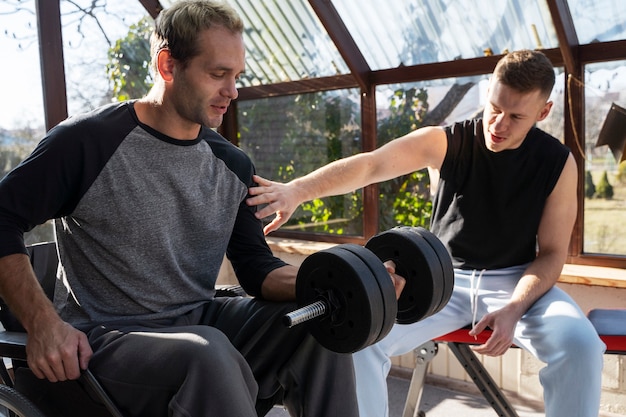Living with a chronic condition as a teenager can feel overwhelming. Whether it's asthma, diabetes, epilepsy, Crohn’s disease, or another long-term health issue, managing symptoms while balancing school, friendships, and personal growth is no small task. But with the right tools, structure, and mindset, teens can take control of their health—starting fast, staying consistent, and measuring progress every week.
This comprehensive checklist is designed specifically for teens to simplify chronic condition management, promote independence, and build lifelong healthy habits.
Consistency is key when managing chronic conditions. Unlike short-term illnesses, long-term health requires daily attention and regular monitoring. A weekly checklist helps turn complex routines into manageable actions. It reduces stress, improves adherence to treatment plans, and empowers teens to take ownership of their well-being.
By tracking progress weekly, teens and caregivers can spot patterns, adjust routines, and celebrate small wins—leading to better outcomes over time.
Consistency doesn’t mean perfection. It means showing up for yourself every day, even when it’s hard. Use this daily checklist:
Every Sunday (or your chosen day), take 15–20 minutes to reflect. Ask yourself:
Update your plan based on what you learn. Small tweaks lead to big improvements over time.
Technology and community support can boost your success. Consider:
It’s normal to face obstacles. Here’s how to handle them:
Every week you stick to your plan is a win. Reward yourself with something meaningful—a favorite snack, extra screen time, or a fun outing. Positive reinforcement builds lasting habits.
Remember: You’re not alone. Millions of teens manage chronic conditions and go on to live full, active lives. With this checklist, you’re building the skills to thrive—today and in the future.

Health

Health

Health

Health

Wellness

Wellness

Wellness

Fitness

Fitness

Health

Health

Wellness

Health

Fitness

Health

Health